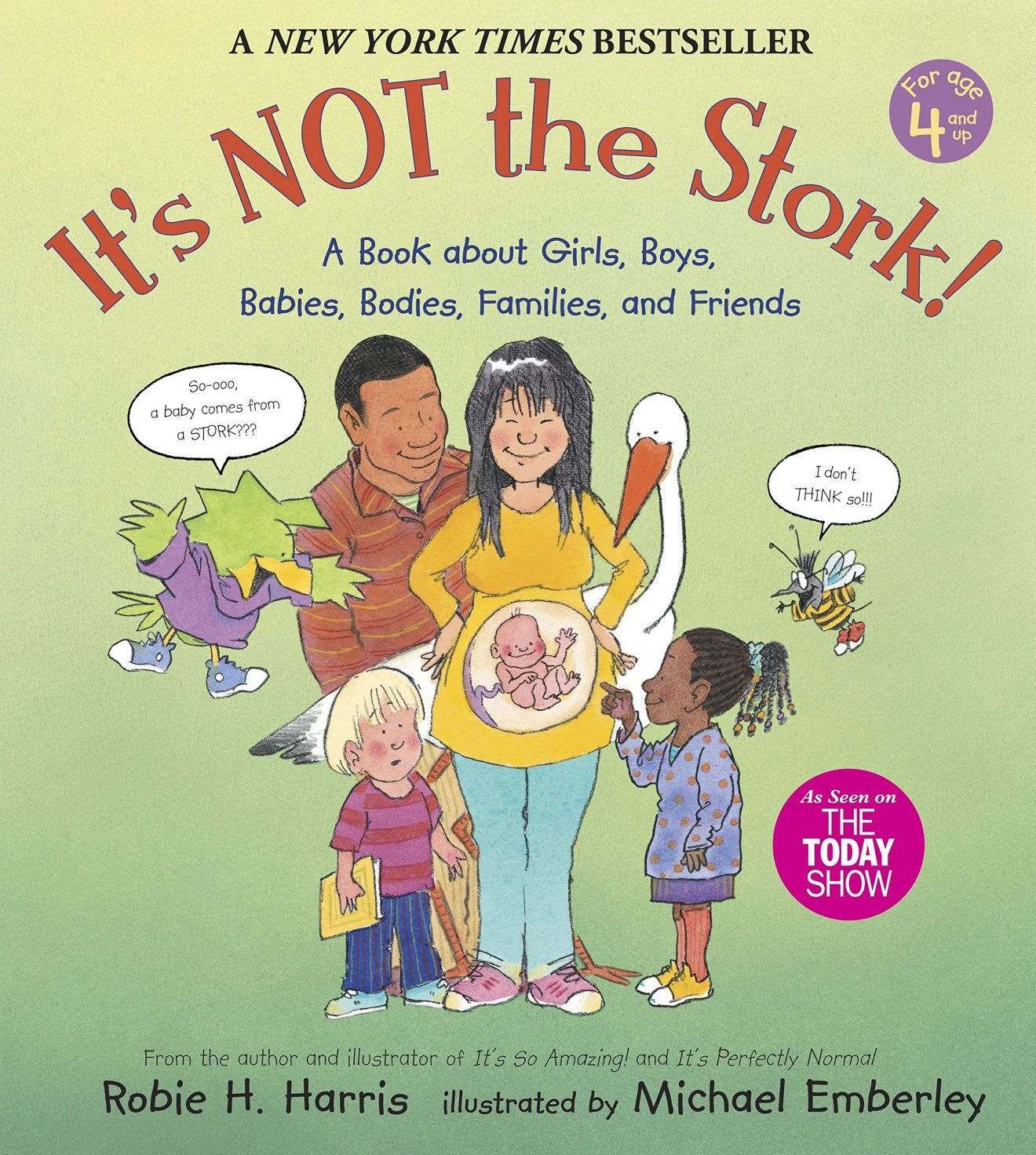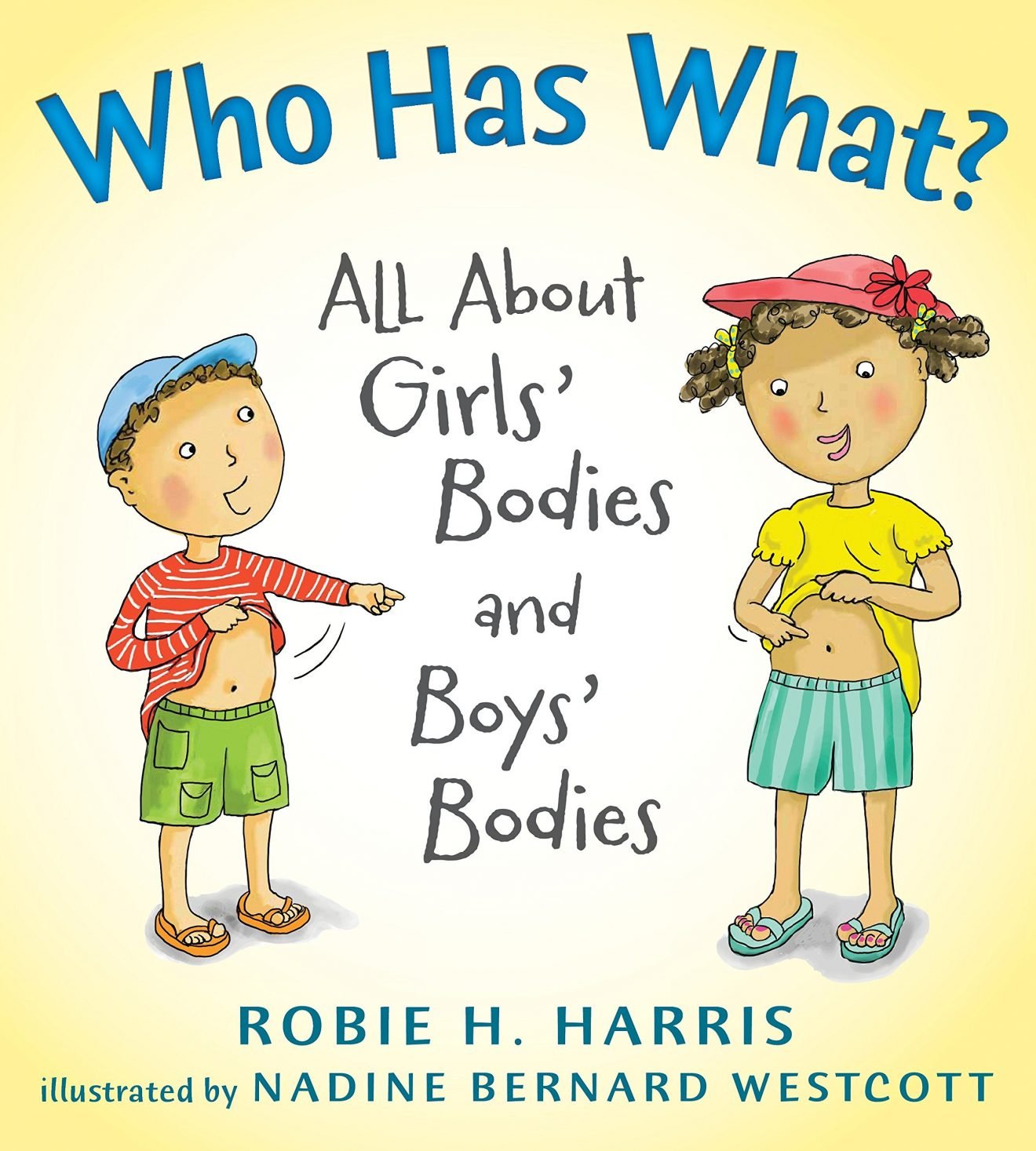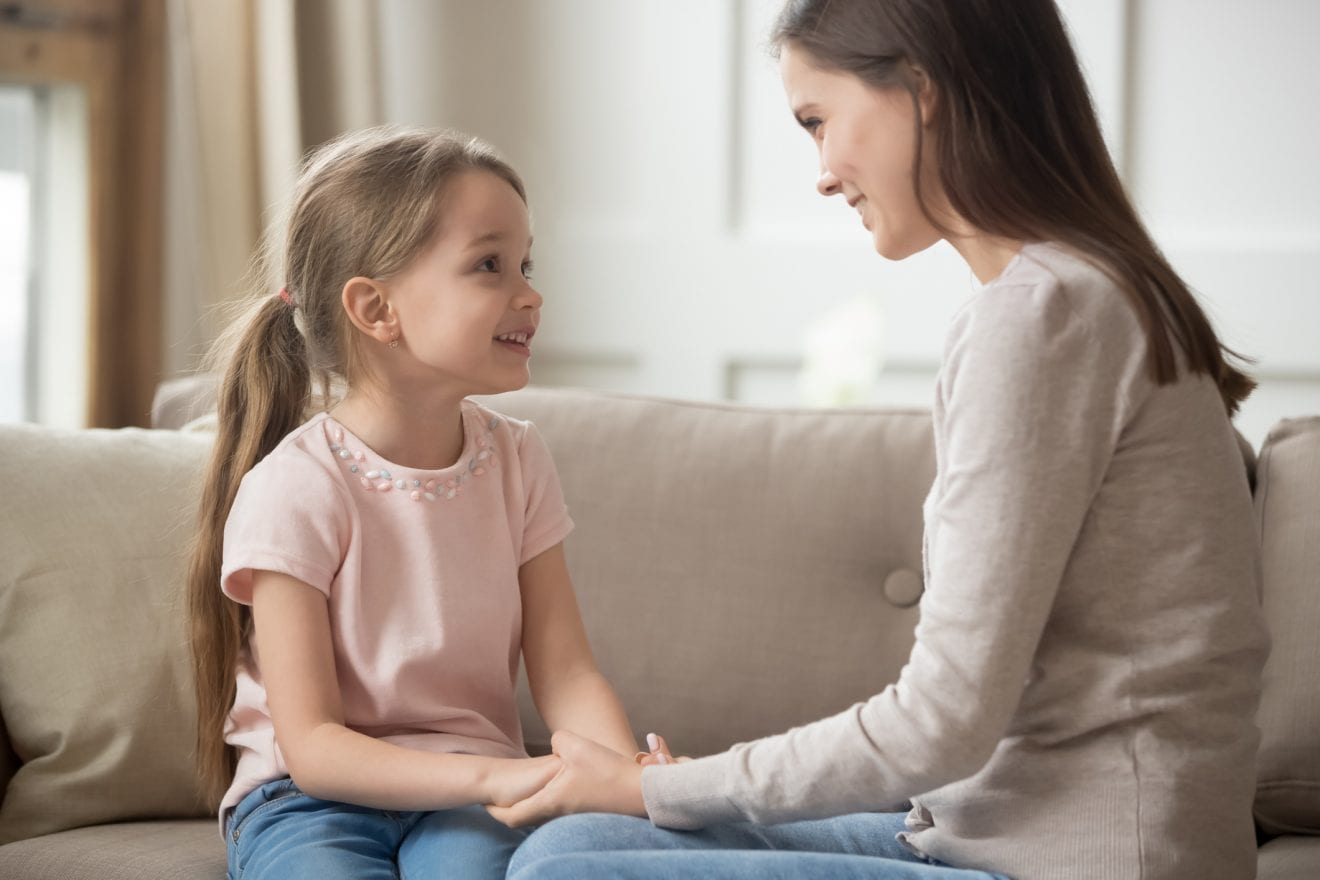Talking about sex with certain people might make you feel uncomfortable. But having the sex talk with your kid . . . well, that may feel like a whole new level. Some parents try to avoid having “the talk” for as long as humanly possible. Other parents jump right in at the first hint of their child’s curiosity. Some parents find the topic relatively easy to discuss, while others are nervous just thinking about it. No matter where you fall on this broad spectrum, one fact remains: someone has to teach your child about sex. And it should probably be you.
How (And When) To Have the Sex Talk With Your Kid
So, where do you start? How do you talk about it? And when? Of course, there are no right or wrong answers to these questions. Each parent will broach this subject in the way they feel is best. But if you’re like me and need guidance, here are some tips for teaching your kids about the birds and the bees:
Start Young
Clearly, you won’t sit down with your 18-month-old and tell them how babies are made. They can’t understand these things at that age. But the sooner you start talking about subjects surrounding sex, the better.4 For instance, as soon as they’re old enough to start asking about their genitals, answer their questions about their private parts with correct terminology. It may seem harmless to call a penis something like a “pee-pee,” but it does your child no good. And it perpetuates the concept that terms like penis, vagina, breasts, testicles, etc., are “bad” or embarrassing words.5
In addition, research tells us that by teaching our kids the correct terms for their genitals and the concept of consent, we are helping protect them from experiencing sexual abuse or harm. This is because they are more comfortable expressing their boundaries, expressing consent, or being able to tell someone they need help. (Using correct anatomical terms reduces confusion about what might or might not be happening.)1,2,7
As soon as you start incorporating correct words and phrases into your everyday conversation and using those terms without embarrassment, your children will also begin to be able to describe their bodies factually and without shame.5 Over time, and as they get older, moving naturally into talking about the act of sex and all that comes with it will be much easier for you both.
Remain Calm
Listen, talking about sex with your kid will be nerve-wracking. You may feel a whole range of nervous emotions. That’s okay, and it’s perfectly normal. However, do your best to remain calm and collected when you have the sex conversation with your child. They are going to feed off your energy more than anything else. If you act embarrassed, they will feel the topic should embarrass them. If you’re acting nervous, talking about sex with you will also make them feel nervous. Do yourself and your child a huge favor and keep the conversation (and the emotions surrounding it) as light, straightforward, and calm as possible.
Be Factual
One of the most challenging things for parents to talk about with their kids when it comes to sex is pleasure. For whatever reason, in this country, we seem to be ashamed that we find sex pleasurable. To imply that you like sex (gasp!) is downright blasphemous in some circles. While sex is pleasurable, it is also very scientific and purposeful. Start by talking with your child about the science and function of the act first. This can help you ease your way into the subject.
For example, when your kid asks how babies are made and wants DETAILS, respond with something like, “Women have eggs inside their body, and men have sperm inside their body. Once both a woman and a man consent or say ‘yes,’ the man will fit his penis inside the woman’s vagina. He leaves the sperm so that it can find the egg and fertilize it. Once the egg is fertilized, it grows into a baby.”
Sometimes, that will be enough for the child, and you can move on until the next opportunity arises.3 Eventually, you will want to discuss the pleasure of sex because, at some point, your child will start understanding and exploring their body for pleasure.6 If you have already broached the subject scientifically, it will hopefully be easier to talk about when the time is right.
Be Open
Children need and want their parents to be open or at least more forthcoming about sex.3 It’s normal that they will have many questions and be curious. And it’s important that you don’t shut them down. You don’t want them to learn from other sources because they might be misinformed or use their imaginations to fill in the blanks. They may also be at risk of harm if they don’t know enough about what is normal or acceptable. Or you won’t be able to impart any of your values/beliefs into the conversation.
Even if you feel uncomfortable, be available to them to answer their questions. You want your kid to feel safe and know it’s acceptable to talk about the topic of sex with you. That will be a protective factor for them later on when they are thinking about having sex for the first time or need help if something happens related to consent and sex.3
Use Your Resources
Unfortunately, our kids did not come with instruction manuals. Similarly, there is no instruction manual for having the sex talk with your kid. However, some great resources, online and in print, can help you start and continue the conversation in a way that will benefit your child. These can also help you be calm, focused, and factual. Check out “It’s Not the Stork!” and “Who Has What? All About Girls’ Bodies and Boys’ Bodies” — two bestsellers on this topic.


Buy Here
Remember, sex is a natural, normal, and important part of everyone’s life. Learning about it in a safe and healthy environment is crucial to how your child will understand the act and all the complicated emotions and feelings surrounding it. Beginning the sex talk with your kid early and often will help you both approach this topic with at least a bit of ease.

































